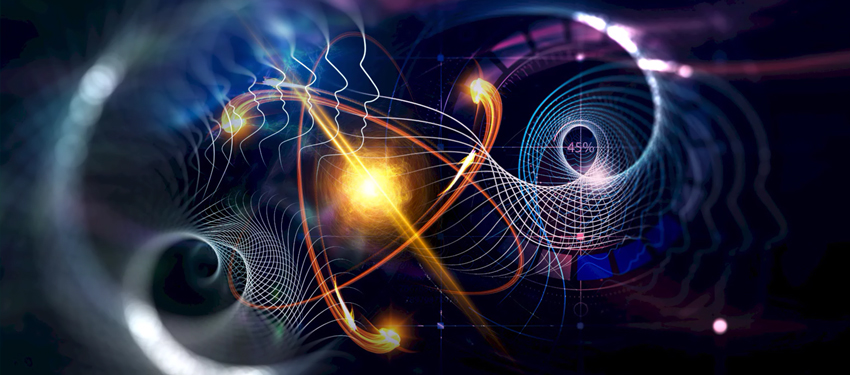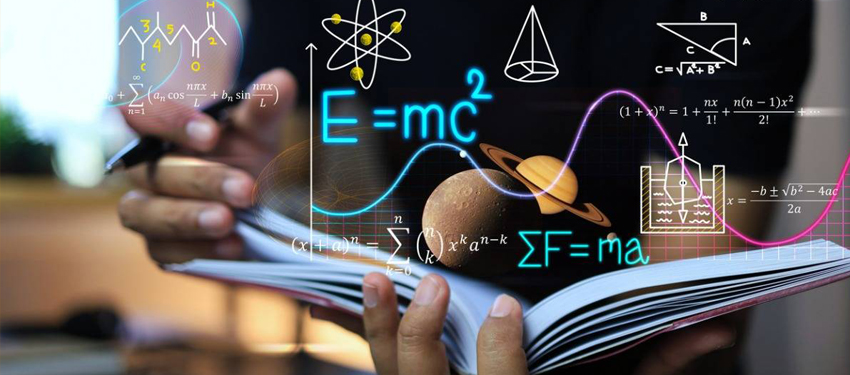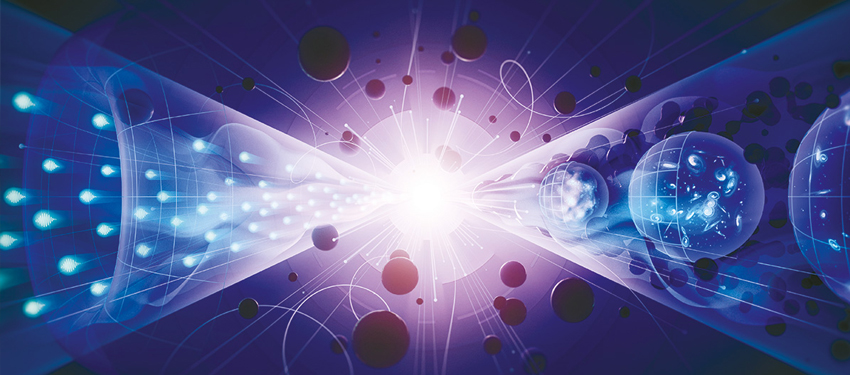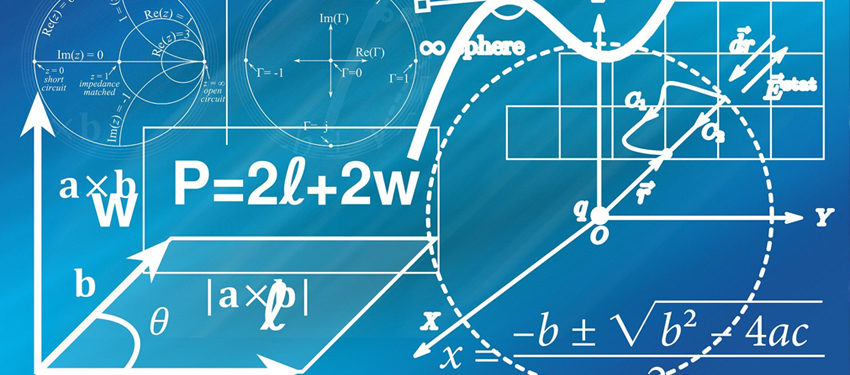B.Sc., Physics
About the Department

The Department of Physics at Morappur Kongu Arts and Science College is dedicated to unlocking the mysteries of the universe through rigorous scientific inquiry and research. With a team of experienced faculty, well-equipped laboratories, and a stimulating academic environment, the department provides students with a strong foundation in both theoretical concepts and experimental techniques. It emphasizes critical thinking, problem-solving, and innovation, preparing students for diverse careers and advanced studies in physics and related fields.
About the Course

The B.Sc. Physics program offers a comprehensive understanding of the fundamental principles of physics and their applications. Students explore areas such as mechanics, thermodynamics, electromagnetism, quantum mechanics, and modern physics, developing analytical and computational skills essential for scientific research and technology development. This program also introduces students to advanced laboratory techniques, computational methods, and interdisciplinary approaches, ensuring a well-rounded education.
About the Curriculum

The curriculum is carefully designed to provide a balanced mix of theory and practice. Core subjects include classical mechanics, electromagnetic theory, thermodynamics, optics, quantum physics, and solid-state physics. Laboratory sessions enable students to conduct experiments, analyze data, and interpret results, fostering hands-on learning. Elective courses and project work allow students to specialize in areas such as astrophysics, materials science, or nuclear physics. This structured approach equips students with a deep understanding of physical laws and their real-world implications.
Vision

To be a center of excellence in physics education and research, inspiring students to push the boundaries of knowledge and technology.
Mission

- To deliver high-quality education in physics, emphasizing critical thinking and experimental skills.
- To foster curiosity, creativity, and innovation in the study of natural phenomena.
- To encourage interdisciplinary learning and collaboration, broadening the scope of scientific inquiry.
- To prepare graduates for successful careers in research, technology development, education, and industry.
